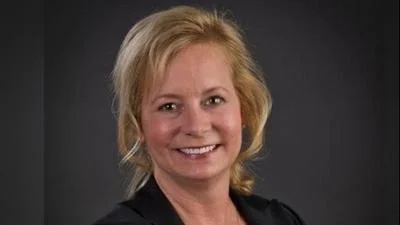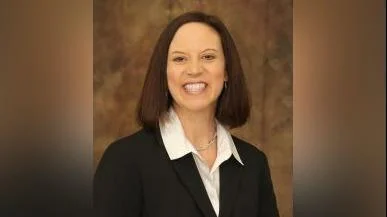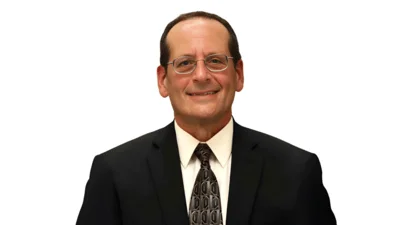Illinois Capitol | Contributed photo
Illinois Capitol | Contributed photo
“Up until now, gerrymandering is a legal crime,” Jeffrey Leef, Republican candidate for Illinois’ 7th congressional district, told West Cook News. I don’t care which party does it – both parties have done it over the years and (continue) to do it.”
In May 2011, the General Assembly approved maps for state legislative, congressional and Cook County Board of Review districts, and former Gov. Pat Quinn signed the maps into law the following month.
But it was blatantly obvious to citizens of Illinois that the districts had been manipulated to benefit the Democratic Party.
The problem with gerrymandering is that it maximizes the influence of one party in a district while minimizing the voice of another.
“Chicago’s reputation is bad enough, and then you look at how District 7 is drawn, how District 4 is drawn. It’s just, it’s almost comical,” Leef said.
Illinois’ 4th congressional district was highlighted by The Economist as one of the most oddly drawn and gerrymandered congressional districts in the country, and given the nickname “earmuffs” because of its shape. The district combines two major Hispanic areas in Chicago into one district.
The General Assembly is tasked with drawing state legislative lines, and the House Redistricting Committee members include Barbara Flynn Currie (D), Chairman Mike Fortner (R), Edward Acevedo (D), Marlow Colvin (D), Jim Durkin (R), Lou Lang (D), Frank Mautino (D), Chapin Rose (R), Timothy Schmitz (R), Jill Tracy (R) and Karen Yarbrough (D).
An initiative to assign redistricting to an independent entity is gaining traction in Illinois, and advocates say it will level the political playing field and ensure fairness in voting for elected officials and on issues. Independent Maps has asked Illinois voters to sign a petition in support of the Independent Map Amendment.
“The purpose of the 2016 Illinois Independent Redistricting Amendment is to change the current system of redistricting, where legislators draw the maps of General Assembly districts after each decennial census, and provide for a restructured, independent redistricting commission to draw the maps,” the petition said.
The Independent Maps coalition is a non-partisan statewide coalition supporting the petition campaign to place the Independent Map Amendment before voters in November 2016.
On May 6, the Independent Maps coalition delivered petitions signed by more than 570,000 voters to the Illinois State Board of Elections.






 Alerts Sign-up
Alerts Sign-up